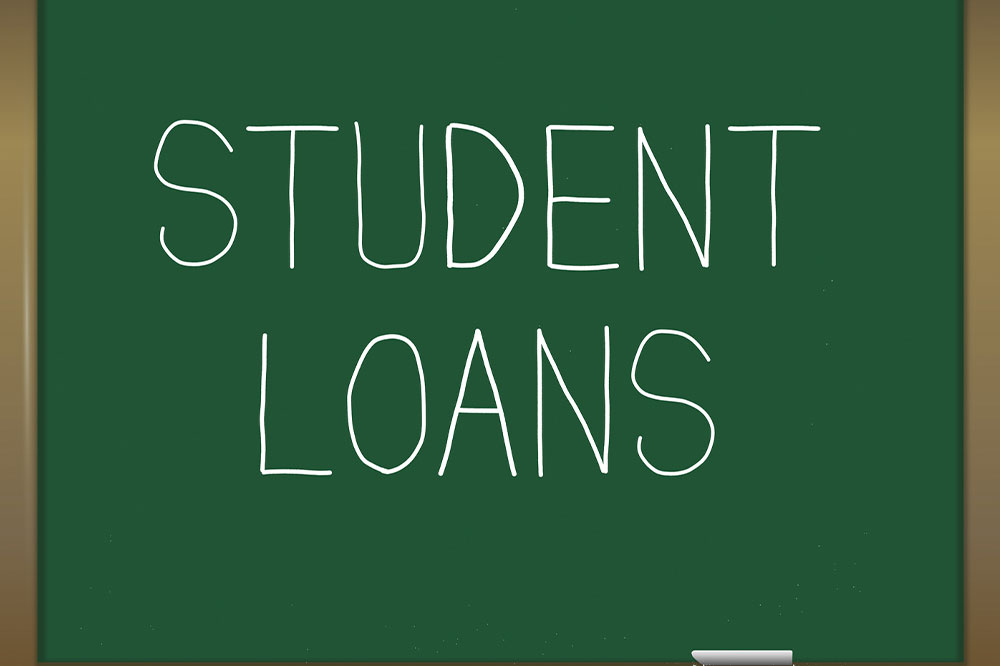
Student loans – Federal aid and private loans
Going to college or pursuing further education can be expensive. Although hundreds of millions of dollars in scholarships are offered to students every year, not everyone can get it. That is where student loans come in. So, whether you are heading to campus or logging online to pursue studies, we have listed and explained two main types of student loans to help you choose the best to continue your education.
Federal student loans
Students mainly have two options: Federal loans and private loans. While private loans can be taken from banks, credit unions, and other lenders, there are three main types of federal loans:
Direct Subsidized
This type of federal loan is for undergraduate students. Direct subsidized loans are the most preferred student loans as the government pays your interest while you’re in school for at least half-time and continues to pay it for a six-month after you’re done.
Direct Unsubsidized
This type of federal loan is for both graduate and undergraduate students. All students qualify for this loan as long as they have not reached any lifetime borrowing limit. Although students are charged even as they continue education, they can cut costs by simply paying only the interest incurred on the loan.
Direct PLUS
This type of federal loan is not given directly to graduate, undergraduate, and professional students but to their parents who have a good credit score.
Apart from this, non-profit organizations provide zero or low-interest loans. Some states also provide low-cost education loans for their residents.
The limit to which a student loan can be borrowed depends on the information filled in the Free Application for Federal Student Aid (FAFSA®). The form contains information regarding the applicant’s financial need, whether they are graduate or undergraduate, what academic year they are in, and their dependency status.
Private loans
Compared to federal loans, private loans tend to have a higher interest rate, and it varies with different private lenders. However, the borrowing limit depends on the students’ or cosigner’s credit score. In most cases, you are required to pay interest even while continuing your education.
Private student loan interest rates can be difficult to understand as they let you choose between fixed and variable APR. While variable APR can cause interest rates to go up and down throughout the term loan, a fixed APR, as the name suggests, offers a fixed payable interest rate throughout the loan term. Choosing the type of APR depends on your budget and borrowing limit. However, an important thing to note here is that student loans with variable APR have lower interest rates at the beginning.
The borrowing limit in the case of a private student loan depends on the lender’s confidence in the borrower’s ability to pay them back. It also depends on how much the borrower has received from other sources of financial aid and the cost of pursuing education. Apart from this, private lenders also consider the cosigner’s credit score, employment history, and type of degree.
Based on these factors, here are some of the best private student loans:
College Ave®
These loans are the best if you are looking for student loans with instant approval. It offers loans like graduate, undergraduate, refinance, parent, MBA, medical school, dental school, and law school. They even offer student loans for international students and health professionals. Applicants need to have their FICO score in the mid-600s.
SoFi
SoFi student loans are the best for borrowers looking for multiple repayment options and zero fees. This means students get multiple repayment term options with cosigner release options with unemployment protection. They also do not charge any origination fees, application fees, late fees, or insufficient fees. Applicants need a minimum FICO score of 640.
Ascent® Funding
Student loans offered by Ascent® Funding are best for borrowers with bad credit. They have offered more than 2,000 loans nationwide to both graduate and undergraduate students. It also offers 1% cashback graduation rewards upon meeting certain terms and conditions. One can get a student loan with a credit score as low as 540.




